Gone are the days when bottom-line alone dominated boardroom conversations and investment decisions. Gone, too, are the days where consumers engaged businesses regardless of how they operate. Increasingly, businesses, investors and consumers act with the future in mind. To preserve our environment, empower those in need, and build a transparent, inclusive, equitable future for all.


In few places is the drive to sustainability more important than Small and Medium-Sized Enterprises. SMEs account for 90% of businesses and roughly half of employment globally, yet many lack the financing, technology and expertise required to embrace sustainability.
As we strive to realize a cleaner, greener, more inclusive future,
how can we help SMEs achieve their sustainability ambitions?
DBS partnered with Bloomberg Media Studios to find out how to help SMEs. Together, we conducted a quantitative study covering 937 decision makers from primarily small (22%) and medium-sized (67%) companies who are involved in ESG decisions. The study covered China, Hong Kong, India, Taiwan, Indonesia and Singapore, connecting with approximately 150 people in each region. They represented the Real Estate, Mobility, Power, Agriculture and F&B/Hospitality industries. These are the results.
Trends
On average, Asian companies that consider ESG a high priority allocate 18% of their budget to ESG projects. They expect that allocation to reach 19.8% within the next three years, with the lion's share going towards Environmental projects.
Environmental initiatives are lower-hanging fruit with attainable goals that companies can showcase to investors and stakeholders. Access to funding and know- how also make focusing on the ‘E’ easier.
Waste management and climate change are the two most common focus areas across all industries surveyed.
When it comes to the ‘S,’ employee health and safety was the chief concern across all industries surveyed.
Responsible investment was front of mind when considering the ‘G.’ Data securty and privacy were also chief concerns. Generally speaking, governance takes a lower priority for some SMEs given the perception that large, listed corporates need governance more.
Share of SMEs that List ESG as a Top Priority
Strategies &
Implementation
SMEs are serious about ESG, though many are still in the early stages of their journey. Around 83% of small companies and 92% of medium-sized companies have a strategy or are creating one, yet only 37% have a clear roadmap.
Five Areas to Support SMEs on Their ESG Journey
The Roles of
Banks
While every company must plot their path to ESG internally, none can make the journey alone. Regardless of size, 75% of companies feel that banks and financial institutions are important in helping them achieve ESG goals. Yet only half currently seek guidance from banks.
What companies expect from banks
Pain points and issues when dealing with banks and advisory partners
SMEs, face a range of pain points when working with banks.
SMEs are extremely diversified; thus, banks should not adopt a “one-size-fits- all” approach. Instead, banks should move away from standard tools and measures, developing policies that that enable SMEs to differentiate from large corporations through aspects other than capital scale.
Starting the conversation with banks
With proper guidance on policies, regulations, certifications and KPIs, SMEs will be better placed to pursue ESG initiatives and play their role in building a more sustainable, transparent and equitable future for all.



